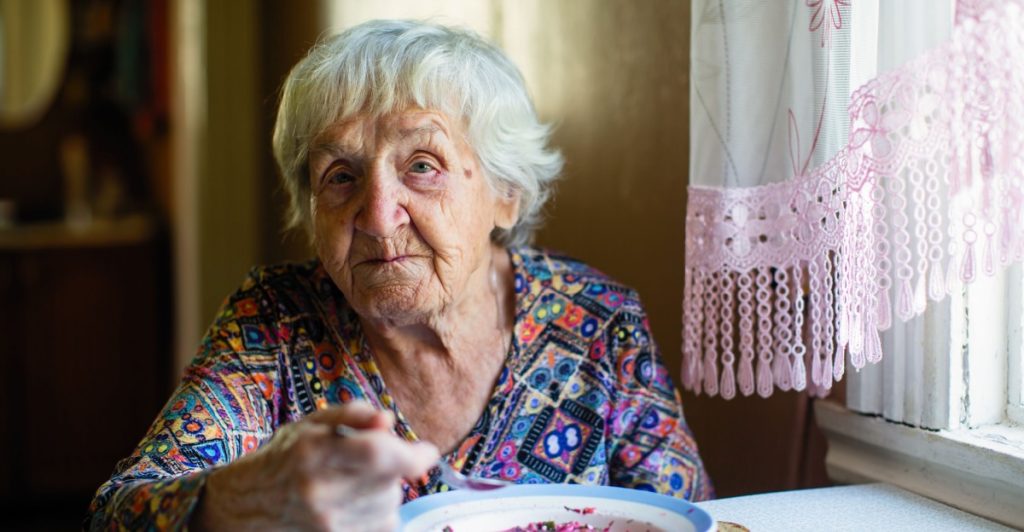This gallery walks you through the physical and mental changes that come with age—and gives you insight into how to best manage them.
Others are reading now
We all know that wrinkles and gray hair are part of aging—but there are many other, more discreet signs that can also reveal your age.
Research: Aging Linked to Ancient Viral Traces

New research shows that prehistoric viruses in our DNA act like biological clocks that accurately reflect our age. These “aging clocks” pick up on signals that older methods might have missed.
More Than Wrinkles and Gray Hair

Aging isn’t just visible. There are many small but important changes in the body that can be early signs of getting older.
Lower Sex Drive
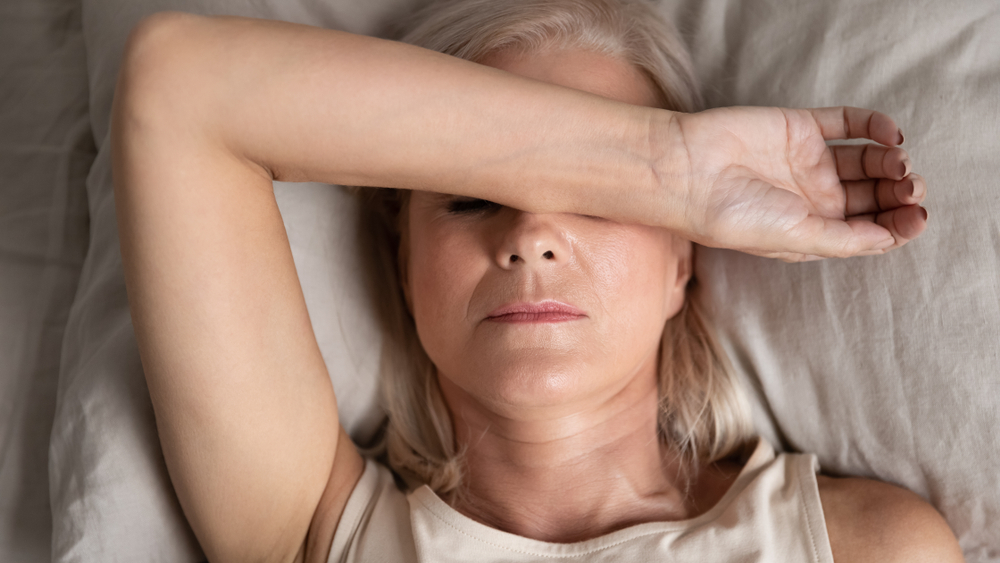
Sexual desire often declines with age. Women typically notice this after menopause, while men may be affected by stress and lower testosterone levels.
Also read
Wrinkles and Dryness
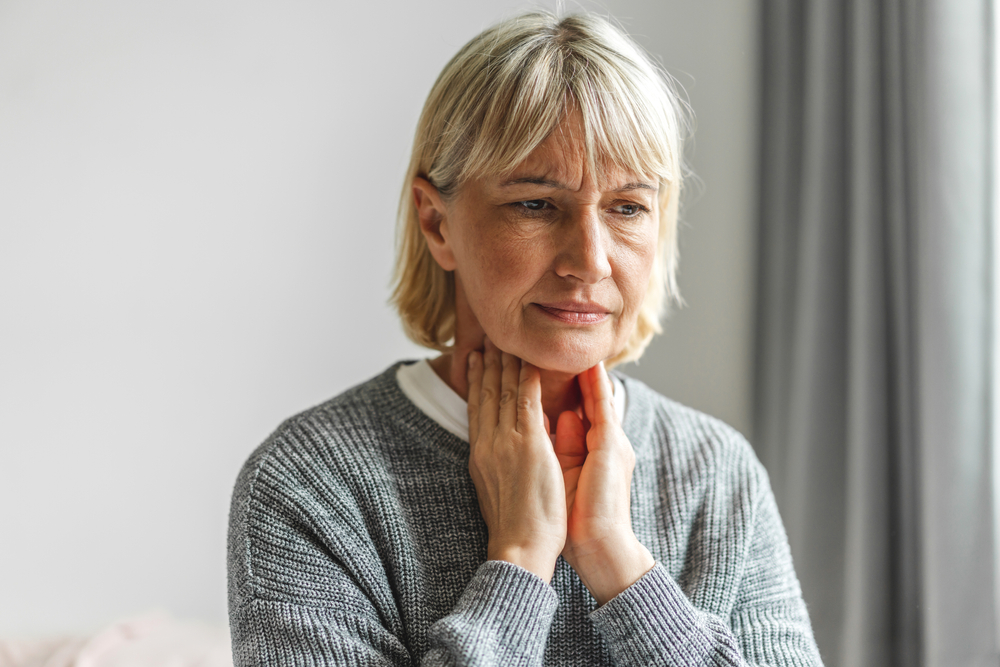
Skin changes in texture, becomes drier, and develops wrinkles more easily.
Visible Blood Vessels
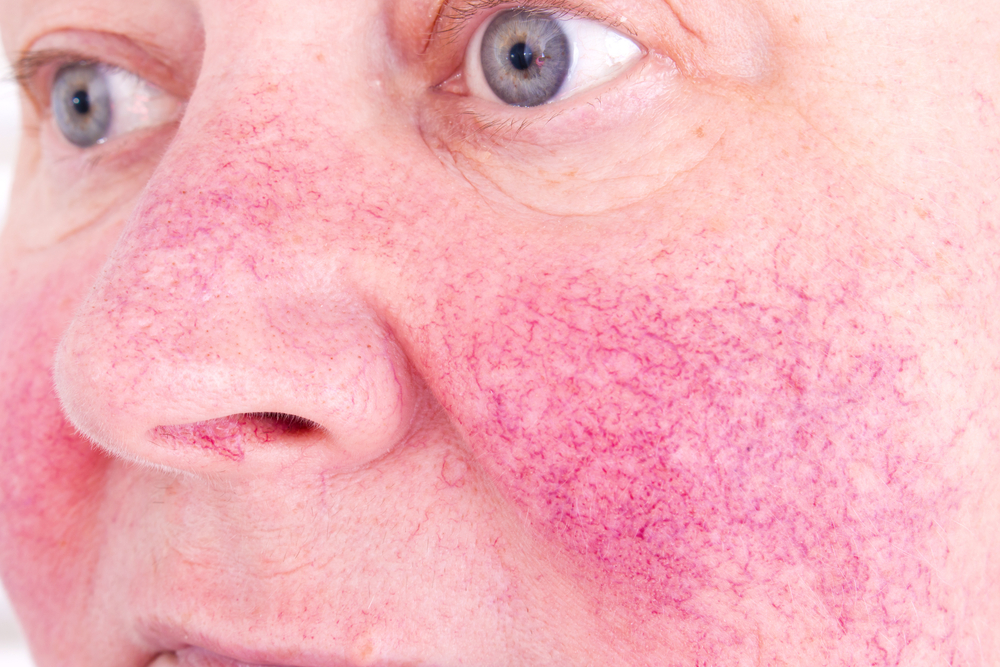
Tiny blood vessels can become more noticeable on the face. They can be treated with laser therapy.
Scaly Spots and Skin Conditions
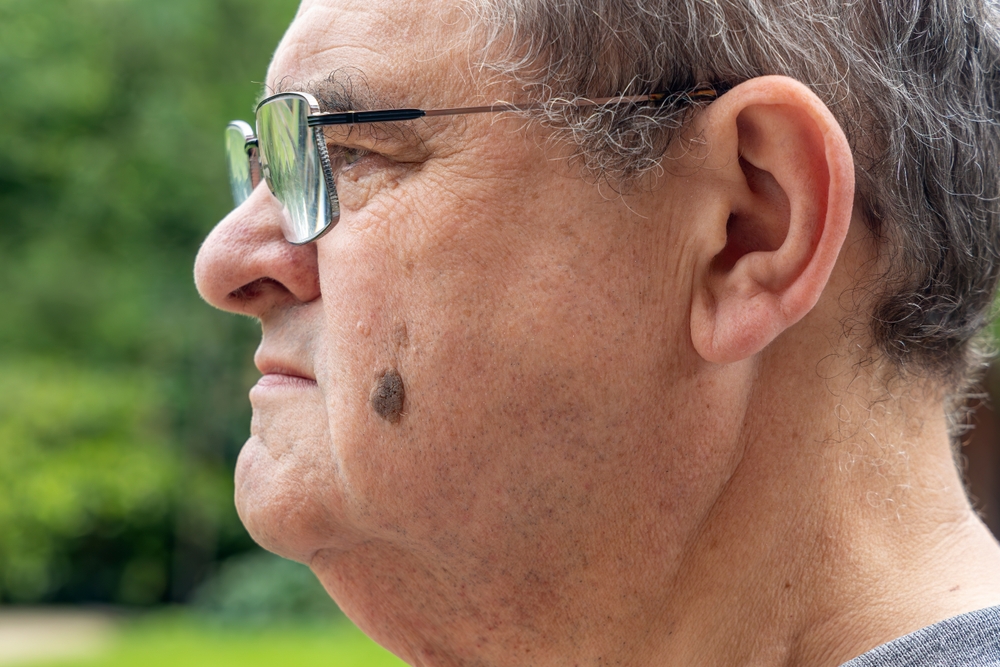
Conditions like seborrheic keratosis become more common and should be checked by a doctor.
Gray Hair—Even on the Body
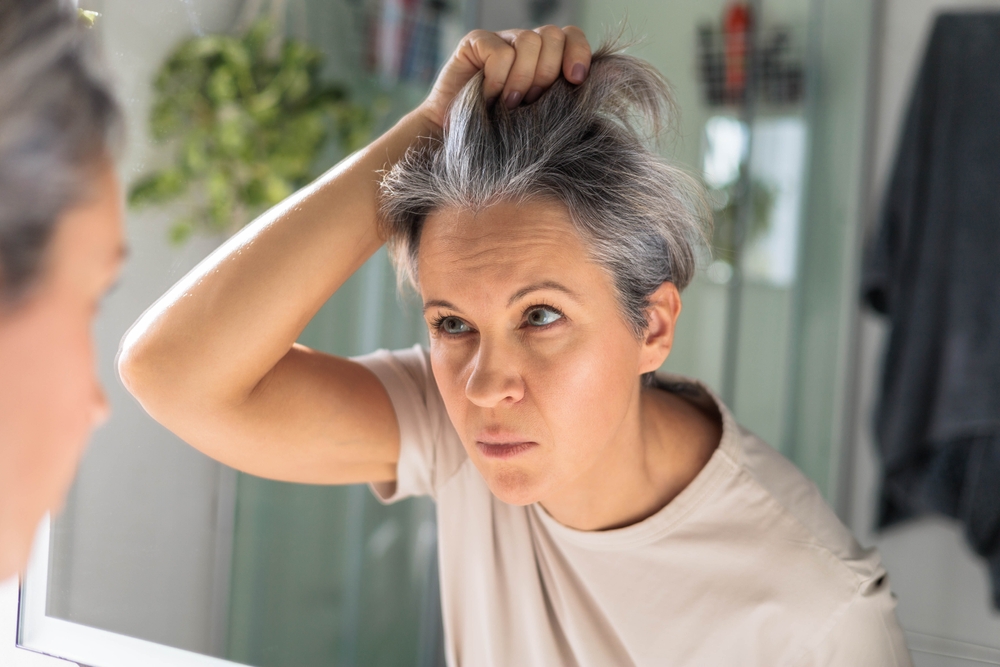
Gray hairs can show up in unexpected places—not just on your head.
Hair in New Places
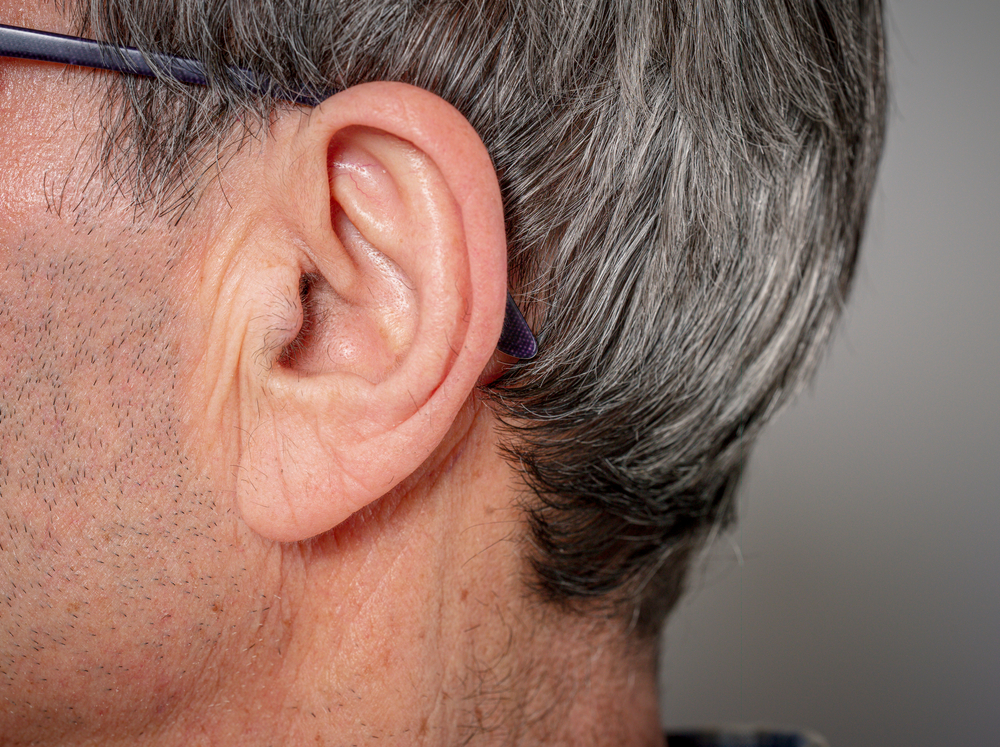
As we age, hair may grow in areas like the ears and nose.
Expanding Waistline
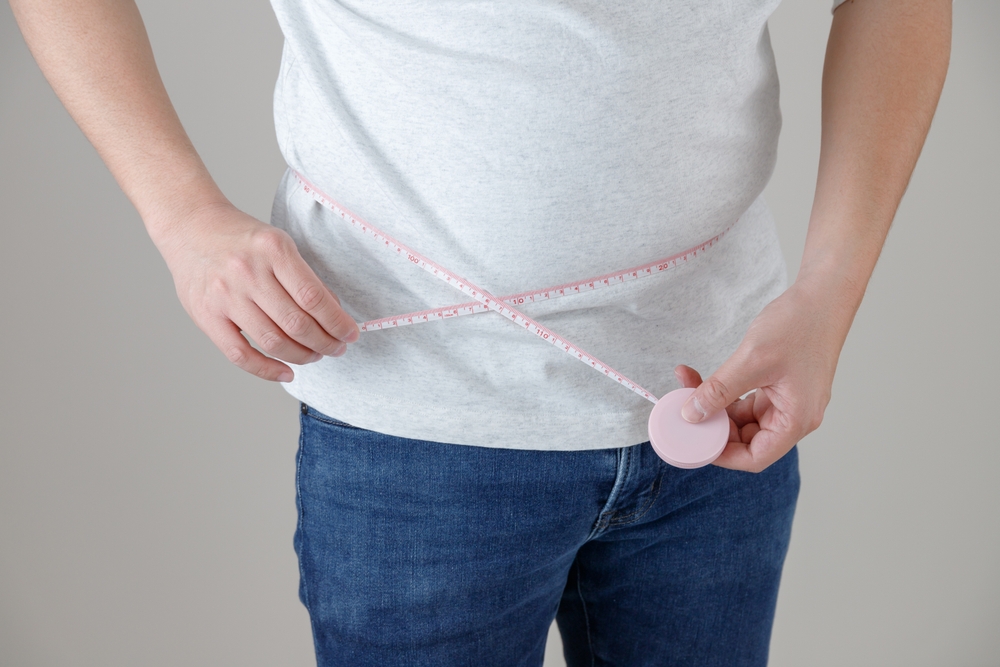
Your metabolism naturally slows down, which can lead to weight gain.
Exercise Boosts Metabolism
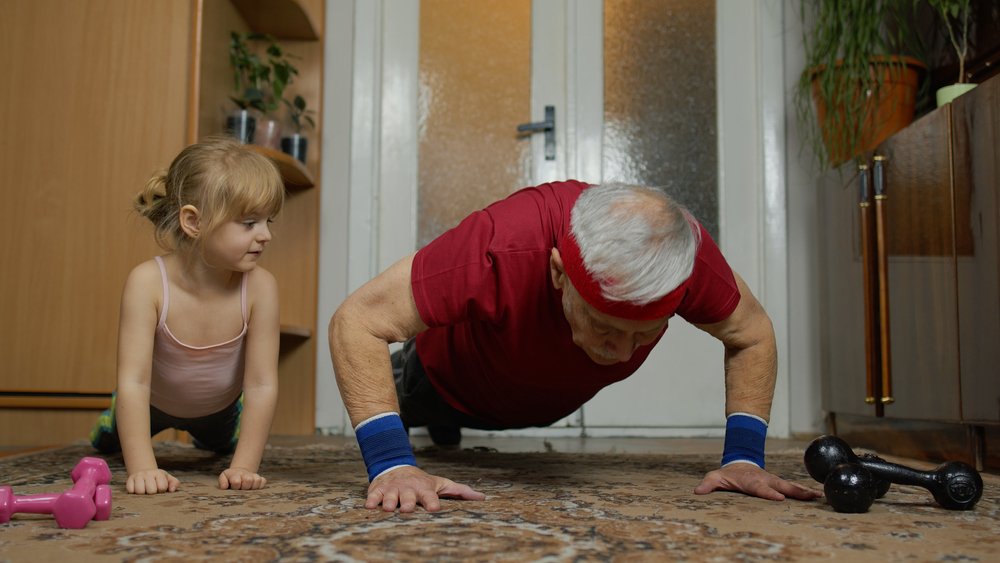
Physical activity helps control weight and keeps your body functioning well.
The Importance of Strength Training
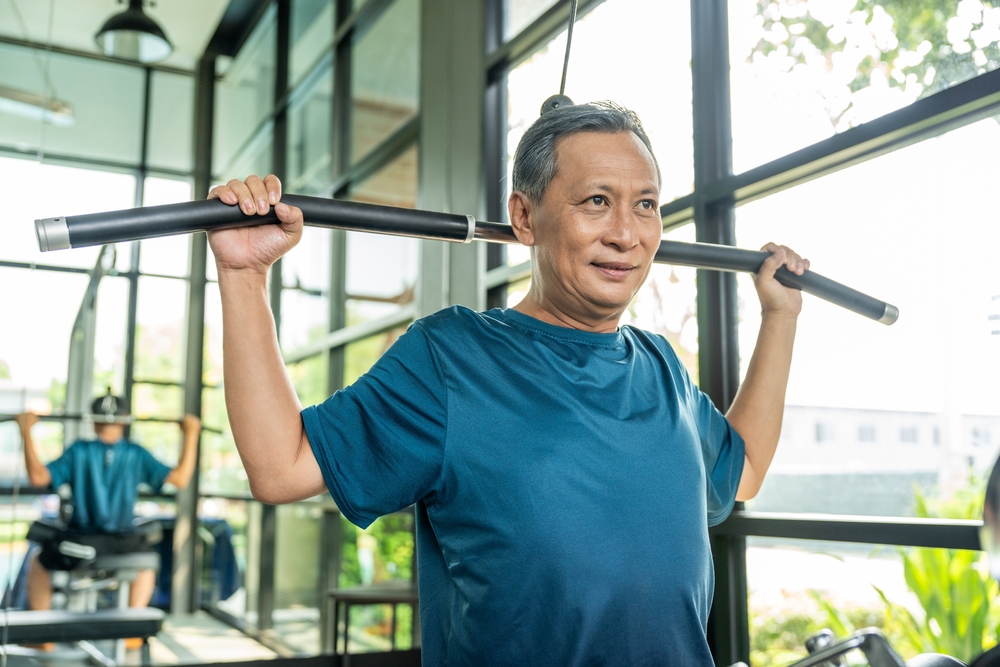
Muscle mass declines with age—strength training helps preserve it and supports joint health.
Bones Become Weaker
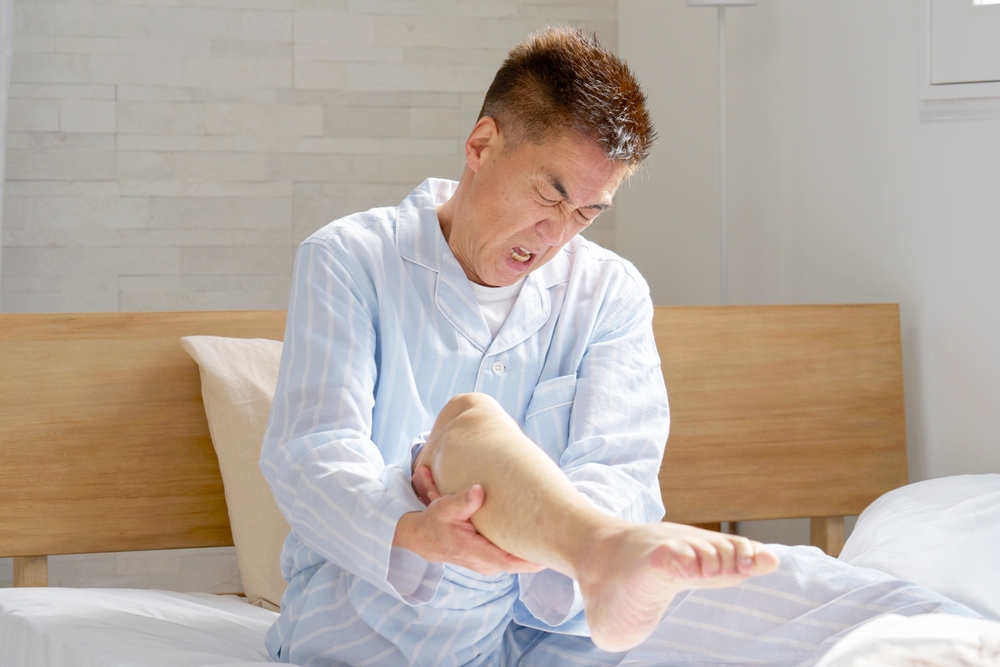
Aging makes bones more fragile, and many people become slightly shorter.
Keep Your Bones Healthy
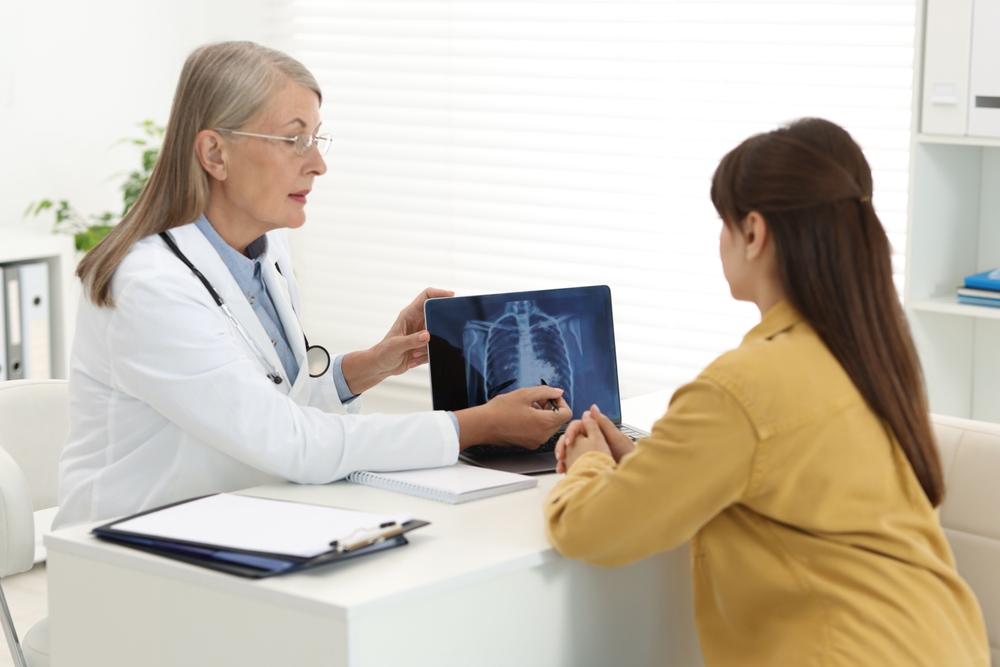
Vitamin D, calcium, and regular exercise are key to maintaining strong bones.
Feeling Happier
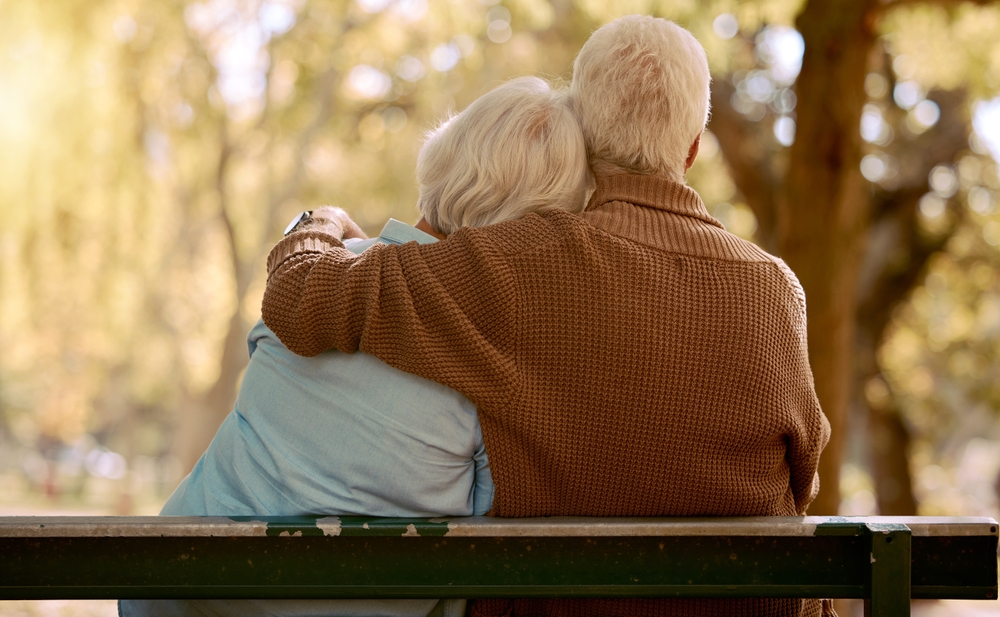
Research shows that many people experience greater happiness as they age.
Memory Slips
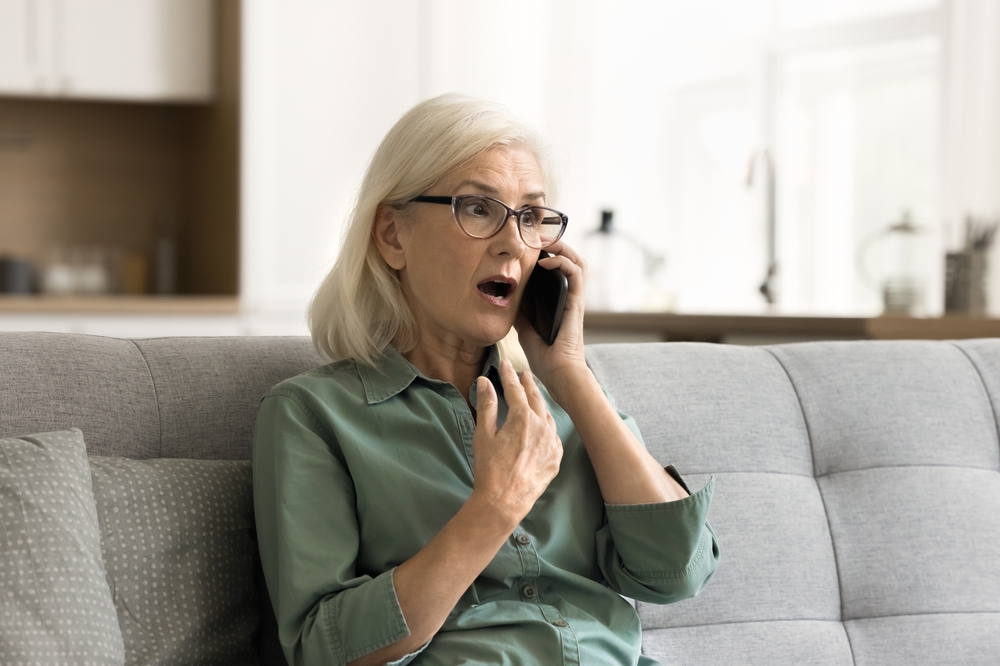
Forgetfulness becomes more common, but mental and physical activity can help keep your brain sharp.
Weaker Bladder Muscles
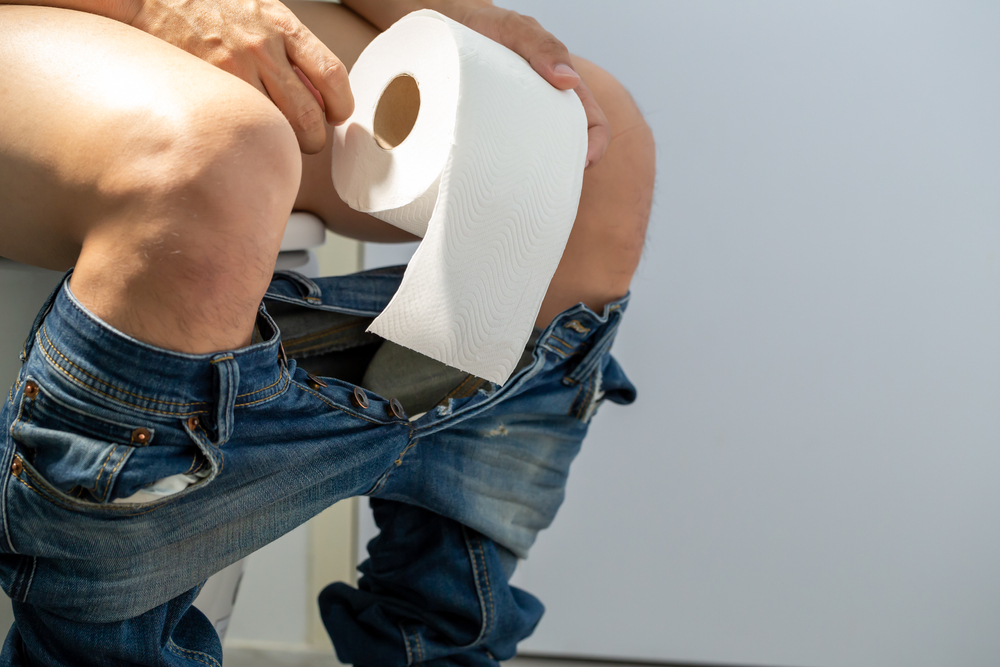
Aging, menopause, and conditions like diabetes can affect bladder control.
What Can You Do?
Avoid caffeine, strengthen your pelvic muscles, and seek help if it affects your quality of life.
Constipation Is Common
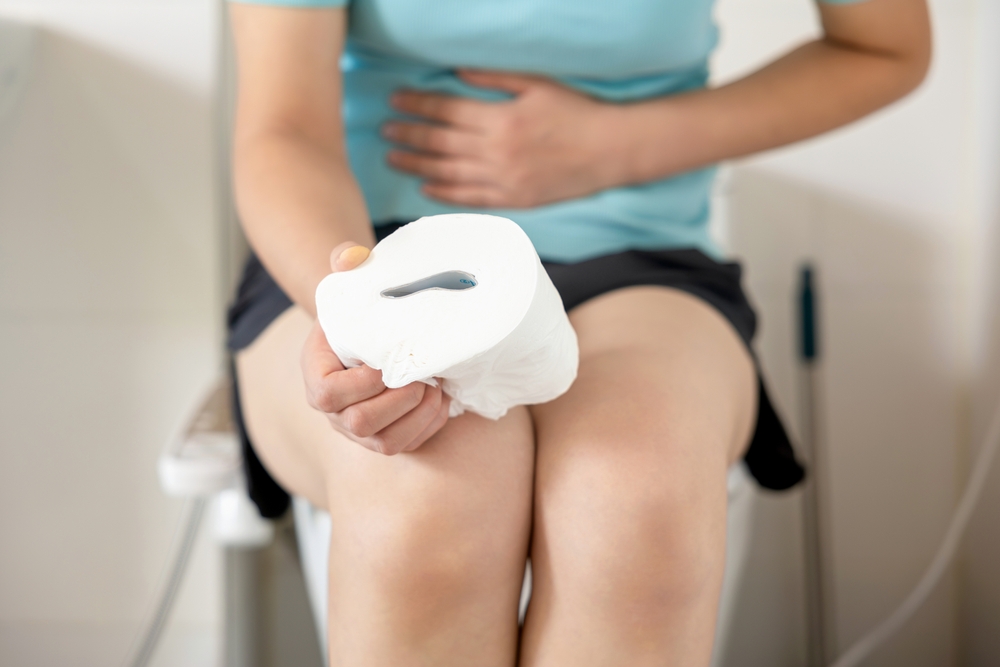
Age-related constipation is often caused by medications. Eat fiber, drink water, and stay active.
Thinning Eyebrows
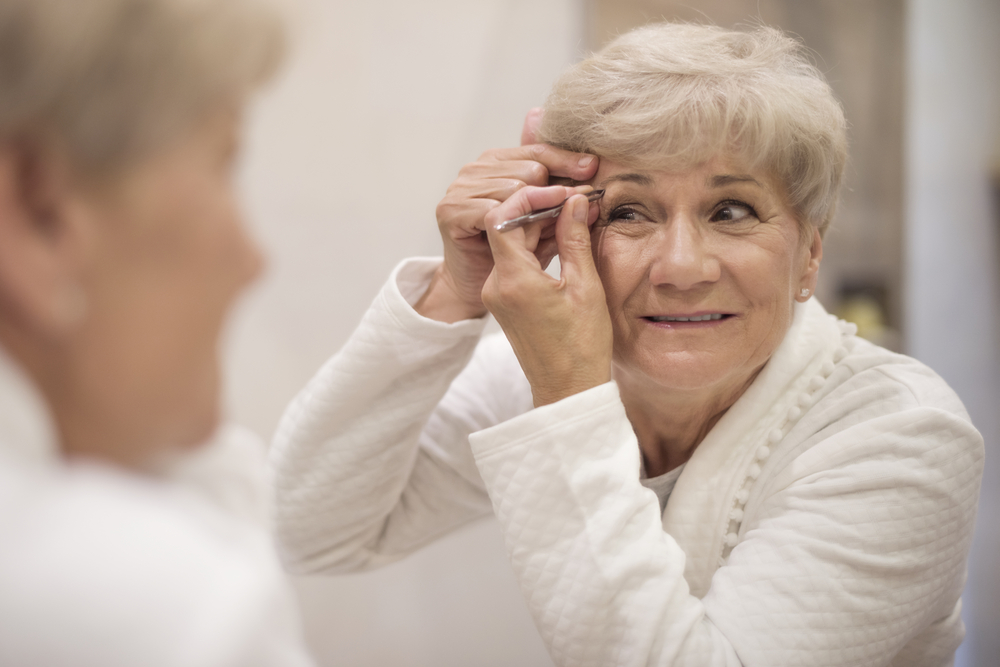
Eyebrows may lose volume with age—great for some, a challenge for others.
More Dental Problems
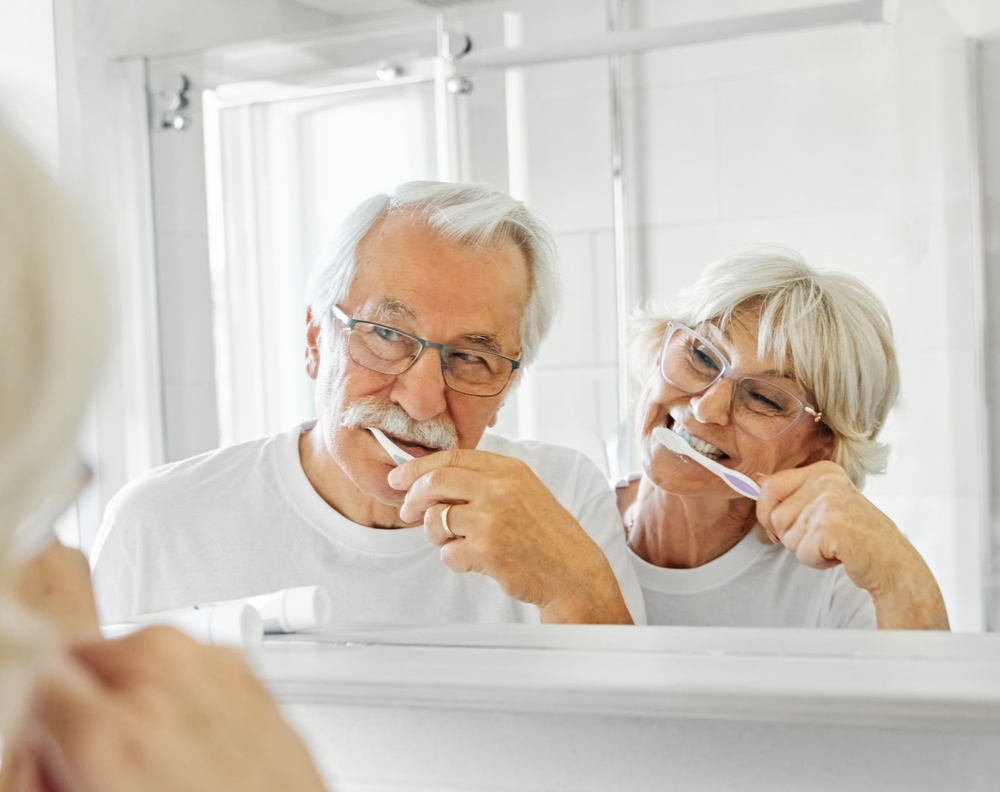
Gums recede and teeth darken. Regular dental checkups are essential.
Crooked Toes and Calluses
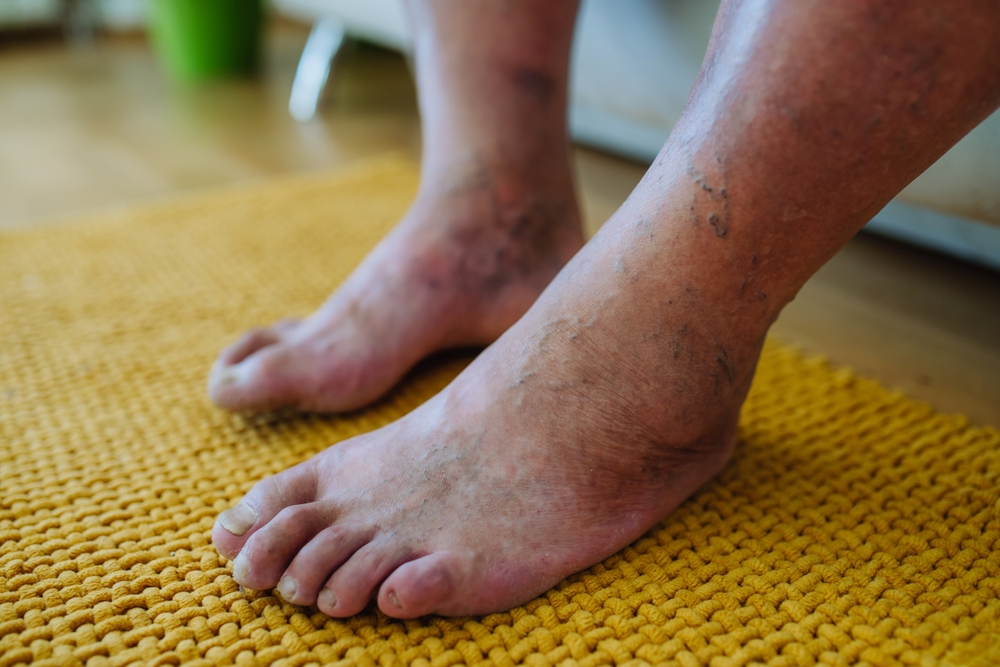
Feet change over time—often from years of wearing tight shoes.
Less Sweating
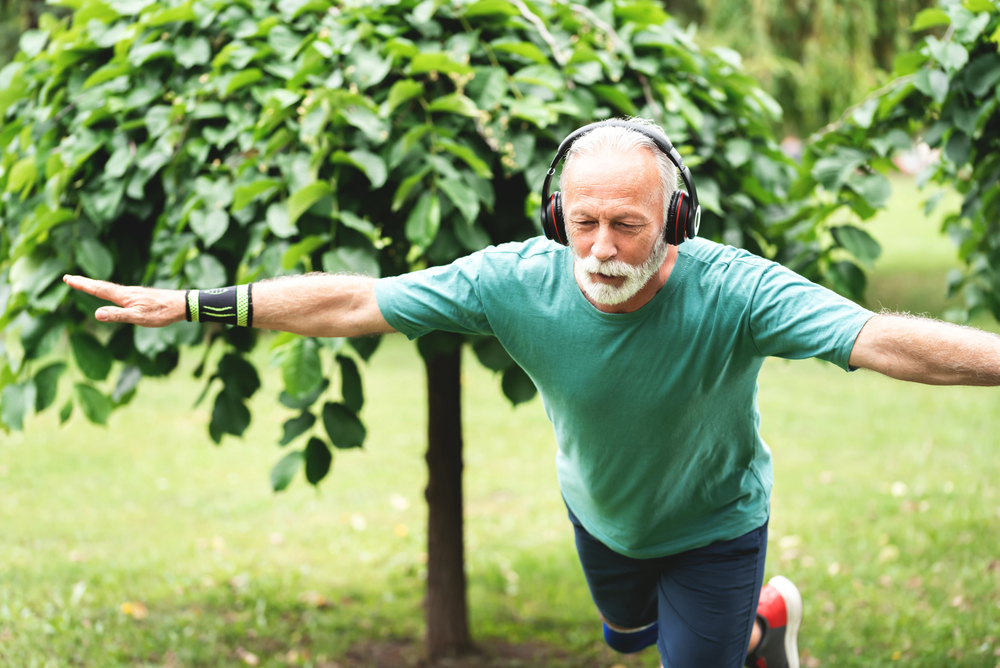
Sweat glands become less active—you sweat less but are more prone to overheating.
Hot Flashes
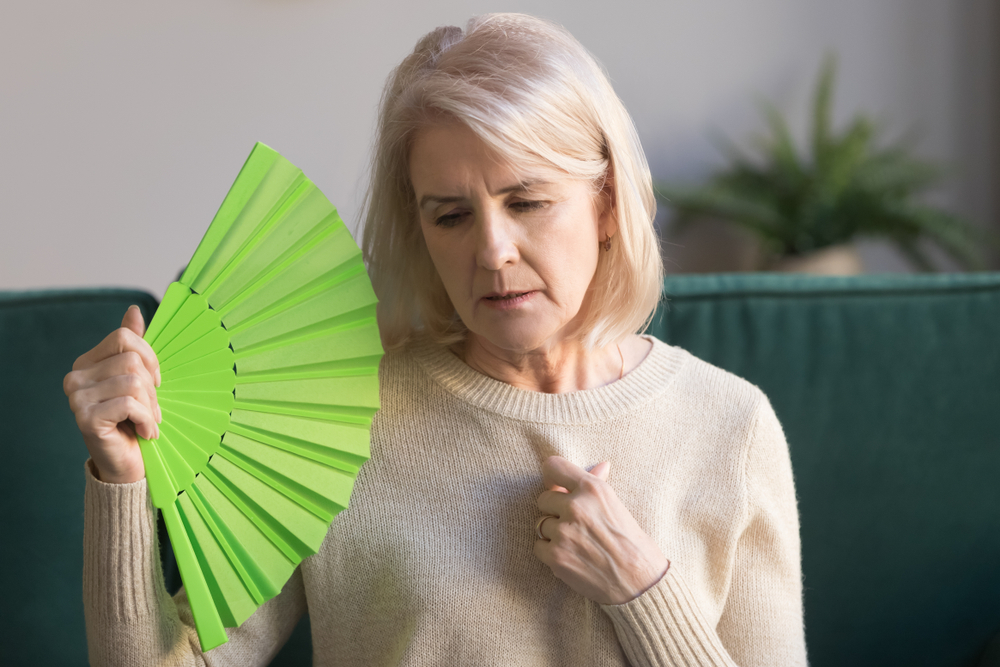
Especially common in women during menopause, these sudden intense heat waves can be disruptive.
Urinary Tract Infections
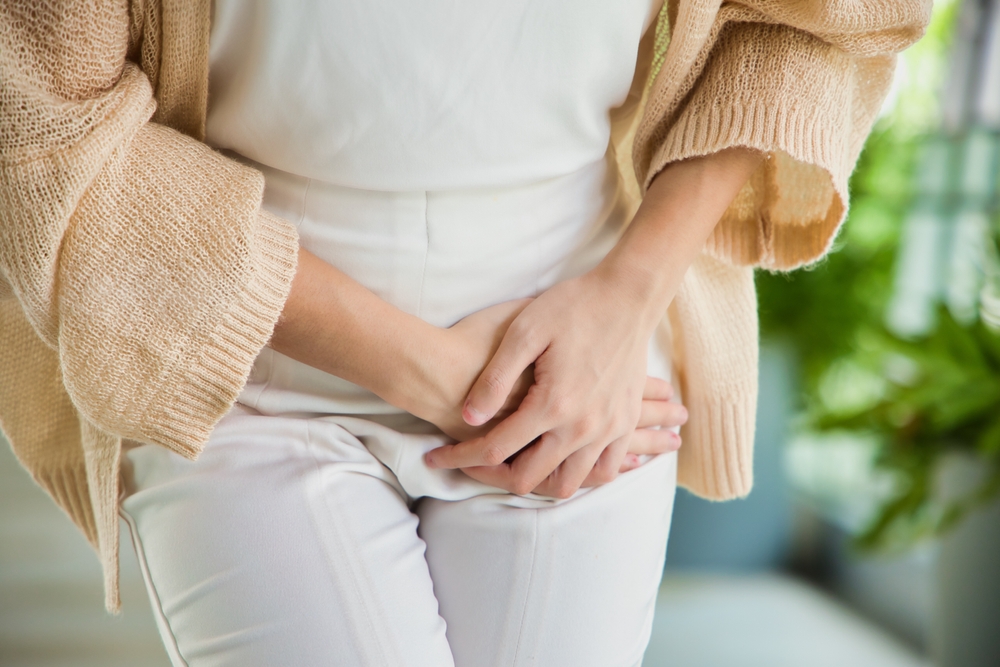
Lower estrogen levels make women more prone to UTIs.
Slower Wound Healing
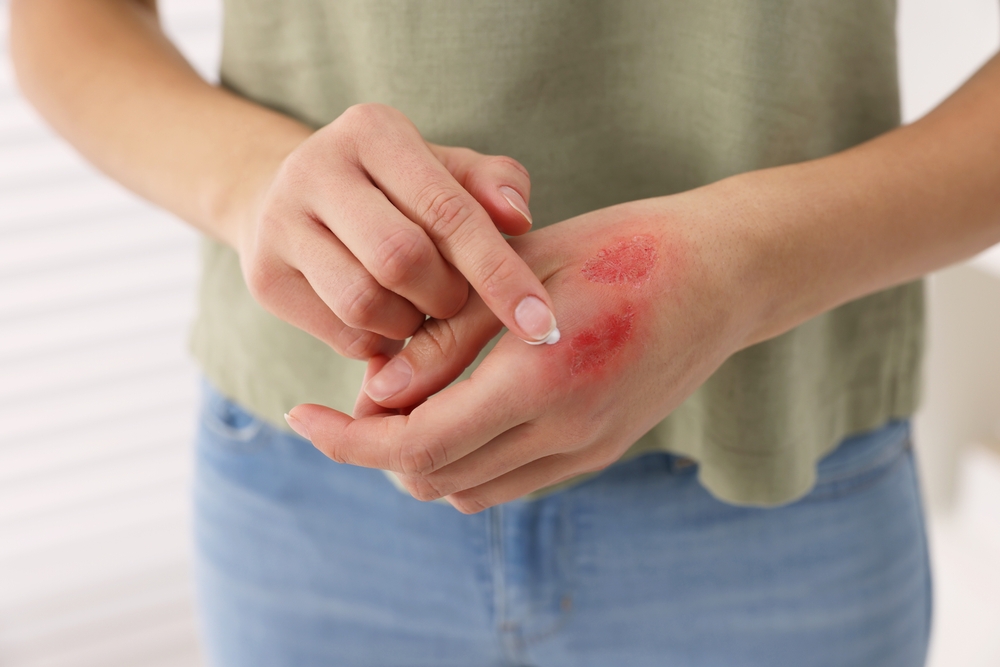
As we age, skin takes longer to heal—reduced blood flow plays a role.
Vision Changes
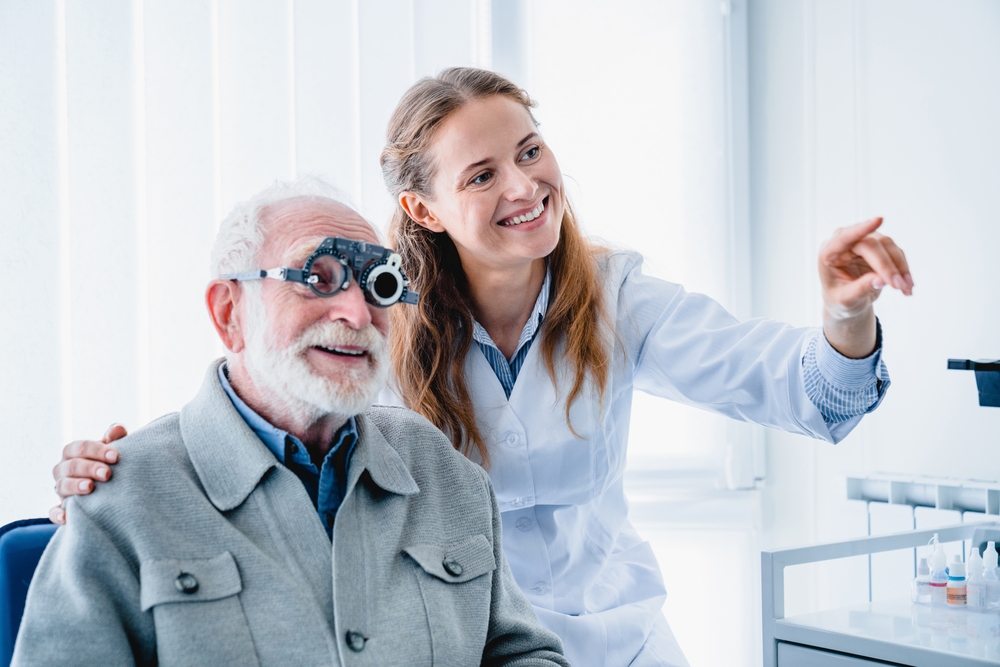
Age-related vision problems are common—regular eye exams are important.
Hearing Loss
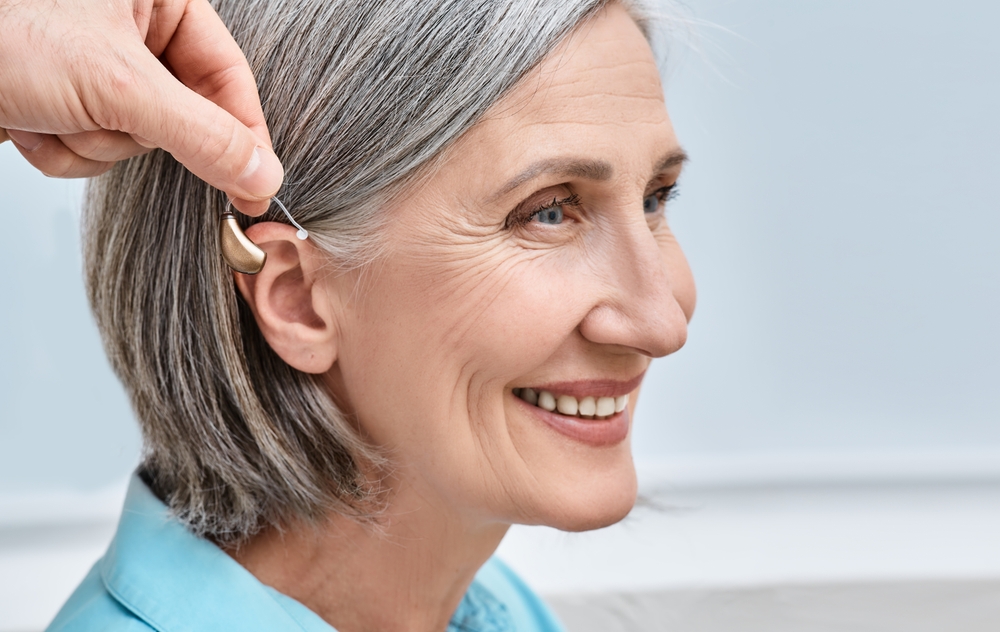
Hearing often declines with age, but hearing aids and assistive devices can make a big difference.
Sleep Disturbances
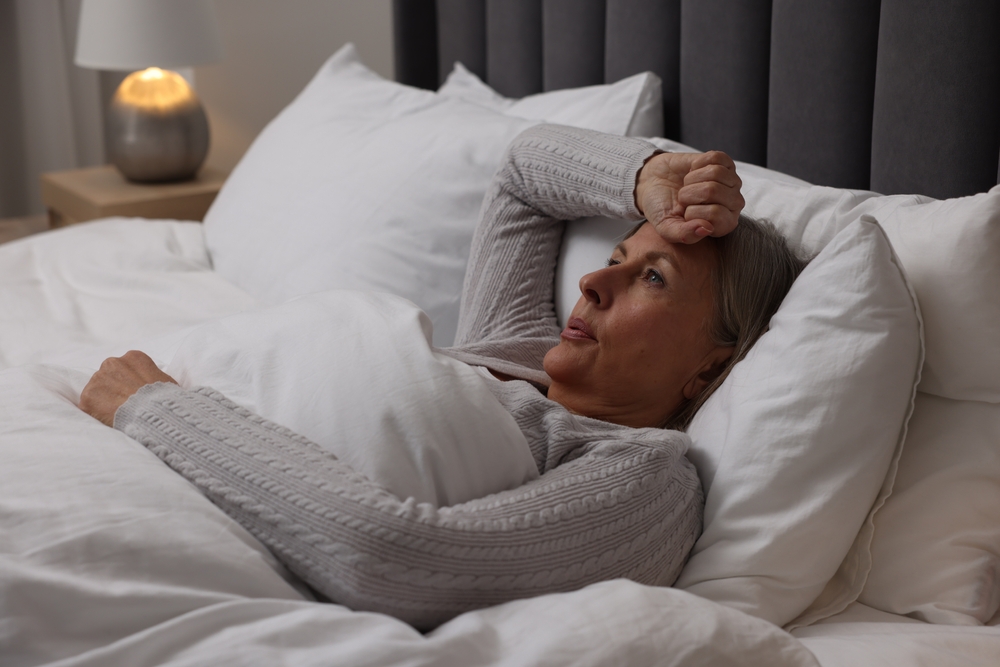
Older adults often have more trouble sleeping and wake more during the night. Good sleep routines help.
Worse Hangovers
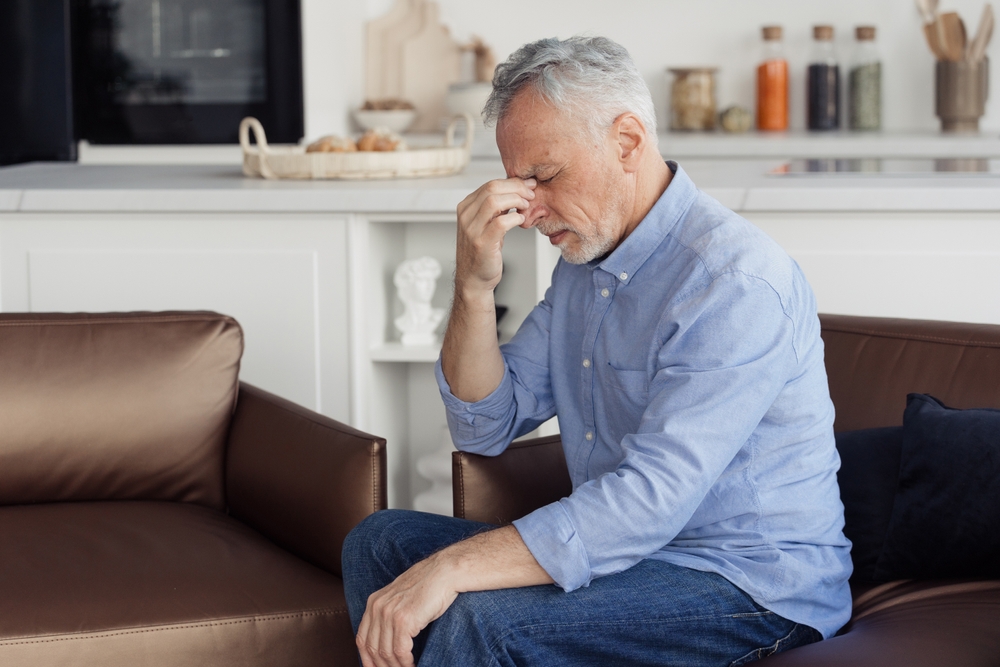
The body breaks down alcohol more slowly—drinking less is usually the best solution.

